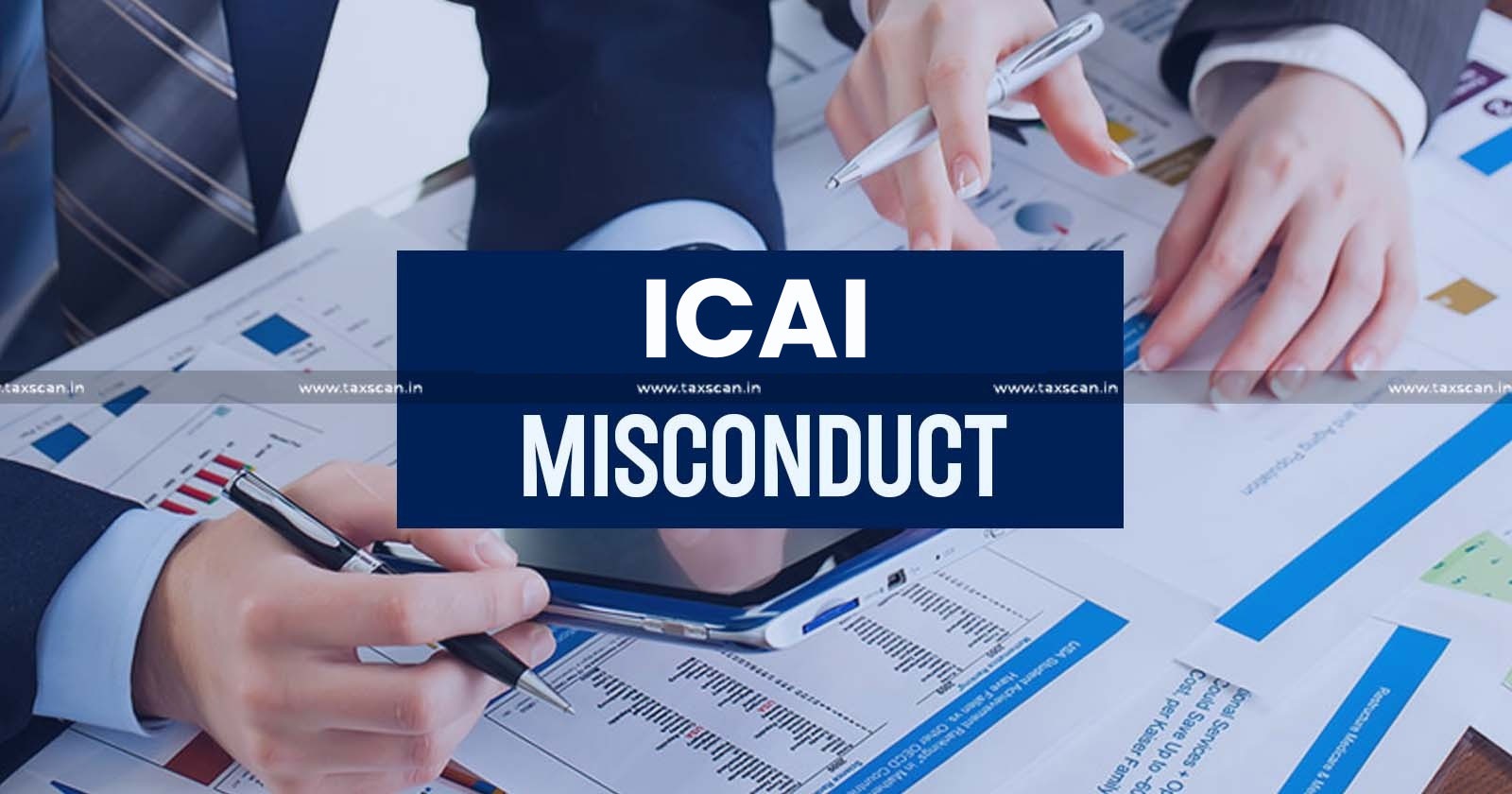Dr. J.N. Bhatt, C.J.@mdashIn this writ petition under Articles 226 and 227 of the Constitution of India, the challenge is against issuance of notice (Annexure 5), dated 12.8.1988 by the revenue authority, i.e. Deputy Collector, Purnea suo motu, against the entry made in the revisional records. Ordinarily, the writ court would be at loath to interfere at the notice stage. However, since almost 19 years have passed and the impugned action is purported to have been taken under the statutory provisions after lapse of 10 years, when the matter had become final, this Court has thought it expedient to deal with the matter and decide in accordance with law. Let it be mentioned that the second notice dated 15.2.1989 also came to be issued. The petition is filed in the year 1988.
2. The main challenge in this petition under Articles 226 and 227 of the Constitution is against the aforesaid two notices purported to have been issued u/s 4(h) of the Bihar Land Reforms Act, 1950 (Bihar Act 30 of 1950) (In short "the Act"). Let there be skeleton projection of facts with a view to appreciate the merits of the petition.
3. The respondent Government filed an application for mutation in the record and recording the entry in respect of the disputed lands comprising of old khata no. 364 new khata no. 320 equivalent to plot no. 25 measuring 4 and 1/2 dhurs situated in ward no. 6 within the Purnea Municipality claiming to be Government land and the same application came to be rejected on 20.8.1978 which was carried further in appeal unsuccessfully. Thereafter, the aforesaid two notices came to be issued and hence, this petition.
4. The Bihar Land Reforms Act, 1950 (Bihar Act 30 of 1950) is an Act to provide for the transference to the State of the interests of proprietors and tenure-holders in land of the mortgagees and lessees of such interests including interests in trees, forests, fisheries, jalkars, ferries, hats, bazars, mines and minerals and to provide for the constitution of a Land Commission for the State of Bihar with powers to advise the State Government on the agrarian policy to be pursued by the State Government consequent upon such transference and other matters connected therewith.
5. Section 4(h) of the Act provides consequences of vesting of estate or tenure in the State. By the impugned action private tenure was sought to be transferred as Government land unsuccessfully before the two revenue authorities and thereafter, two notices came to be issued.
6. Section, 4(h) of the Act, which came to be amended by Act 20 of 1954 reads hereunder:--
"The Collector shall have power to make inquiries in respect of any transfer including the settlement or lease of any land comprised in such estate or tenure or the transfer of any kind of interest in any building used primarily as office or cutchery for the collection of rent of such estate or tenure or part thereof, and if he is satisfied that such transfer was made at any time after the first day of January, 1946, with the object of defeating any provisions of this Act or causing loss to the State or obtaining higher compensation there under, the Collector may, after giving reasonable notice to the parties concerned to appear and be heard annul such transfer, dispossess the person claiming it and take possession of such property on such terms as may appear to the Collector to be fair and equitable:
Provided that an appeal against an order of the Collector under this clause if preferred within sixty days of such order, shall lie to the prescribed authority not below the rank of the Collector of a district who shall dispose of the same according to the prescribed procedure:
Provided further that no order annulling a transfer shall take effect nor shall possession be taken in pursuance of it unless such an order has been confirmed by the State Government."
7. Upon hearing the learned counsel for the parties and considering the facts, as well documentary evidence and the relevant law, this Court has no hesitation in finding that the action taken by the Government in issuing two notices is, patently, illegal. Once the revenue authority has decided against the Government there was no question of giving notice to the petitioner. This aspect goes to the root of the matter and therefore, the petition needs to be allowed. Accordingly, this writ petition is allowed with costs and the impugned notices are quashed and set aside. Rule is made absolute.

